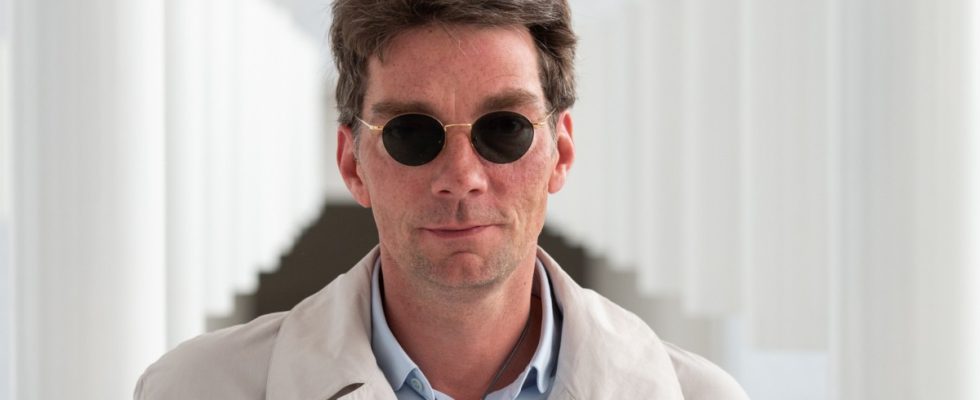“La liberté!” is the battle cry at the end of the second act of Bizet’s “Carmen”. The fact that art must be free, even from overly moralistic demands, is also one of Josef E. Köpplinger’s convictions. So one might read programmatically that the director of the Gärtnerplatztheater is opening his next season with this classic. Herbert Föttinger will stage it in the version of the premiere, i.e. with (French) dialogues, which is fitting for a house with a theater opera tradition. Nevertheless, in 2024/25 the focus will be on larger operas more than in the current season, as became clear at the press conference. Magdalene Fuchsberger makes her directorial debut at Gärtnerplatz with Handel’s “Alcina”, a multi-part production with ballet in which chief conductor Rubén Dubrovsky can demonstrate his expertise in historical performance practice. Donizetti’s “Love Potion” follows later in a production by Dirk Schmeding.
Operetta fans won’t be left out: Köpplinger himself, as director, will congratulate Johann Strauss on his 200th birthday with the almost never played “Woodruff”. On the other hand, he is more likely to fall back on the tried and tested with Sullivan’s “Pirates of Penzance”, which last premiered here in 2009 and was conducted then as now by Anthony Bramall; even more so with “La Cage aux Folles” as a musical premiere.
One cast member at the only ballet premiere is likely to cause a greater stir: Marco Goecke, who is reinterpreting Stravinsky’s “Le Sacre du Printemps” as part of a double evening. The choreographer is also known to a less dance-savvy public since he smeared his dog’s feces on a critic’s face. He lost his job as ballet director in Hanover, and since then even revivals have only been allowed to be rehearsed by assistants. Ballet director Karl Alfred Schreiner now says he condemns the incident, but the person must be separated from the work. And Goecke remains “one of the most important German choreographers” (which he demonstrated not least at the Gärtnerplatztheater with a celebrated adaptation of Fellini’s “La Strada”). In Christian Bavaria, people should also understand something about forgiveness, adds Köpplinger, adding that Goecke deserves “a second chance.”
The choice of piece will not only enable an exciting comparison with Pina Bausch’s classic version, which was recently rehearsed at the Bavarian State Opera, but also contains a certain irony after “Sacre” triggered one of the biggest scandals in theater history when it premiered. In any case, Köpplinger remains true to his credo: when in doubt, for artistic freedom.

